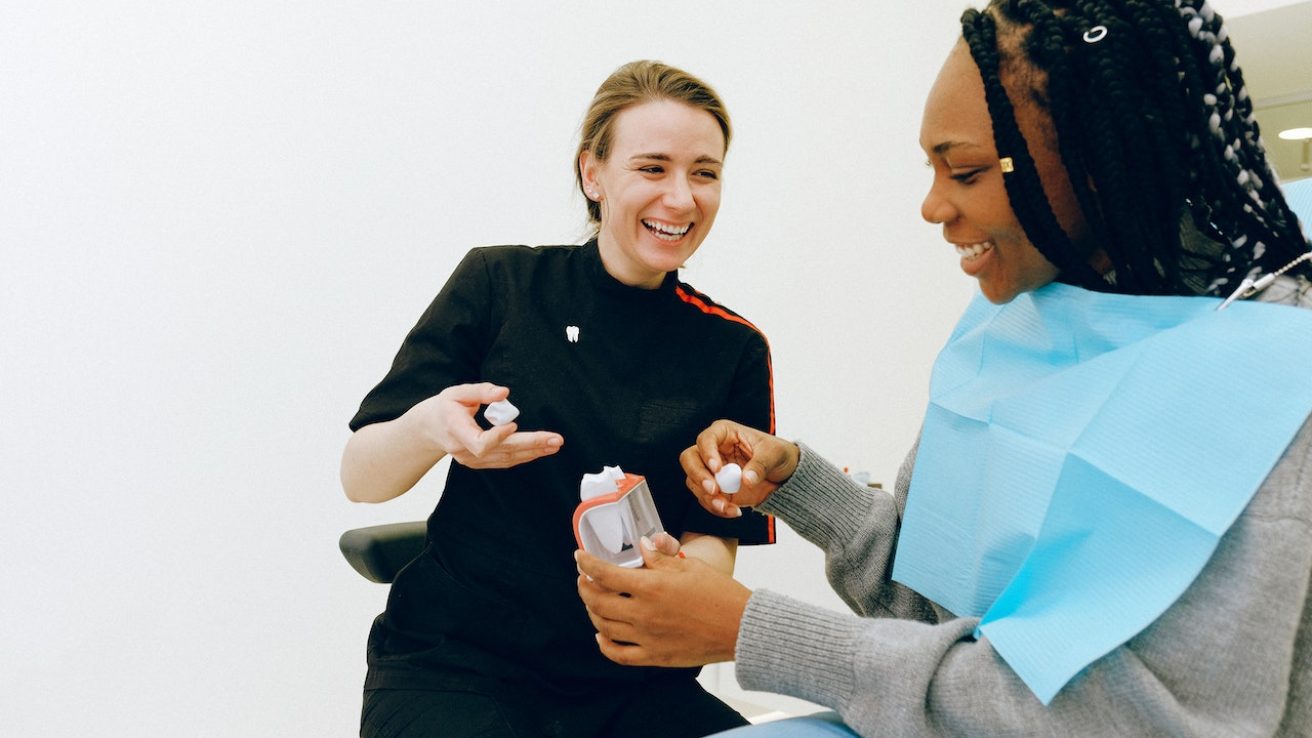With the patient population becoming more and more diverse, the importance of breaking down cultural barriers is more important than ever. The United States is rapidly approaching a population of 350 million people of various cultural backgrounds that speak different languages and practice different religions, and they all have one thing in common; they all need healthcare.
As healthcare professionals, we have a responsibility to fight against health inequity, and we can all start by increasing our cultural competence. Let’s discuss how we can improve patient outcomes by understanding their cultural backgrounds.

What is Culturally Competent Healthcare?
Culturally competent healthcare is a term that describes healthcare designed to treat the needs of people from different cultural backgrounds, beliefs, and ethnicities. The advantage of using culturally competent healthcare is that it considers the patient’s language, beliefs, culture, and values to deliver patient-centered care that improves patient outcomes.
This is important because it allows healthcare providers to connect with patients and understand their unique cultural and linguistic needs. Culturally competent healthcare providers will be able to provide appropriate medical treatment and care that will have a higher rate of patient compliance.
More than 66 million people prefer to speak a language other than English when they are at home in the United States. That means over one out of every five adults are uncomfortable speaking English. Having an interpreter on hand is a great example of providing effective, culturally competent healthcare in this instance since it allows for better communication between the patient and provider.
Being culturally competent is important in establishing trust between the patient and the healthcare provider. Making a patient feel respected, understood, and heard will put the patient at ease and can elicit a complete medical history. Patients who feel respected and understood will also be more likely to ask questions about their care, leading to better outcomes.
Culturally competent healthcare also creates an environment of understanding and respect that will help put patients at ease. Learning about different cultures and values can be a huge step towards creating a welcoming and safe environment for all your patients, regardless of their backgrounds.
Creating a welcoming and inclusive environment for your patients will reduce healthcare disparities. Often, these healthcare disparities exist due to patients from a minority culture receiving inferior care due to cultural barriers or being underrepresented in clinical trials.
This can also help reduce the negative feelings of anxiety, fear, and mistrust in patients while increasing patient satisfaction. Although it can be time-consuming and will require effort, healthcare providers should all strive to improve their cultural competency with every opportunity that presents itself, as it will pay off in the long run for healthcare providers and their patients.
Related: Underrepresentation of Minorities in Lymphoma Trials
How Can Healthcare Providers Improve Their Cultural Competency?
Cultural competency in healthcare providers can always be improved in a few ways. Healthcare providers can improve their cultural competency by engaging in some rigorous self-reflection, talking to and listening to their patients’ perspectives, and taking advantage of any cultural competency training they have access to.
One of the most important things that healthcare providers must do to become culturally competent is that they need to take the time to self-reflect. During this period of self-reflection, they need to confront their own biases and beliefs about various cultures and backgrounds as their biases and beliefs about their own culture. This is the time to consider potential prejudices that you have and think about how they can affect a patient’s care.
After taking the time to self-reflect, healthcare providers should work on improving their active listening skills using their new understanding of their patients’ perspectives. During these conversations with their patients, they should keep an open mind to learning about different cultural beliefs, value systems, and practices. Respectfully converse with patients about their beliefs and values and ask questions to learn more about their culture.
Healthcare providers should take advantage of any cultural competency training that is available to them. This can include signing up to attend cultural competency workshops, signing up for cultural competency workshops, attending cultural competency courses, or even reading books about cultural competency. Taking the time to attend these courses or study on cultural competency can give healthcare providers a deeper and better understanding of the patients that they treat.
Are you looking to improve your cultural awareness and competency? We ignite cultural health conversations and provide cultural health education that every healthcare provider can benefit from. Take a look at what we do today.
Final Thoughts
Cultural competency is something that every healthcare provider should strive to attain mastery of. Keeping an open mind to learning about different cultures, beliefs, and values can often pay off in the form of improved patient outcomes.
Healthcare providers have an important role in making sure that every patient receives the best quality care possible. Developing cultural competency ensures that patients will receive care that is sensitive to their cultural and social needs and, in turn, increases patient compliance which will improve patient outcomes. Keeping an open mind to accommodating different cultures will show patients that you respect and understand them on a deeper level than just medically.
Need a quick and easy way to keep up with all the latest medical news? Check out our latest news here.











